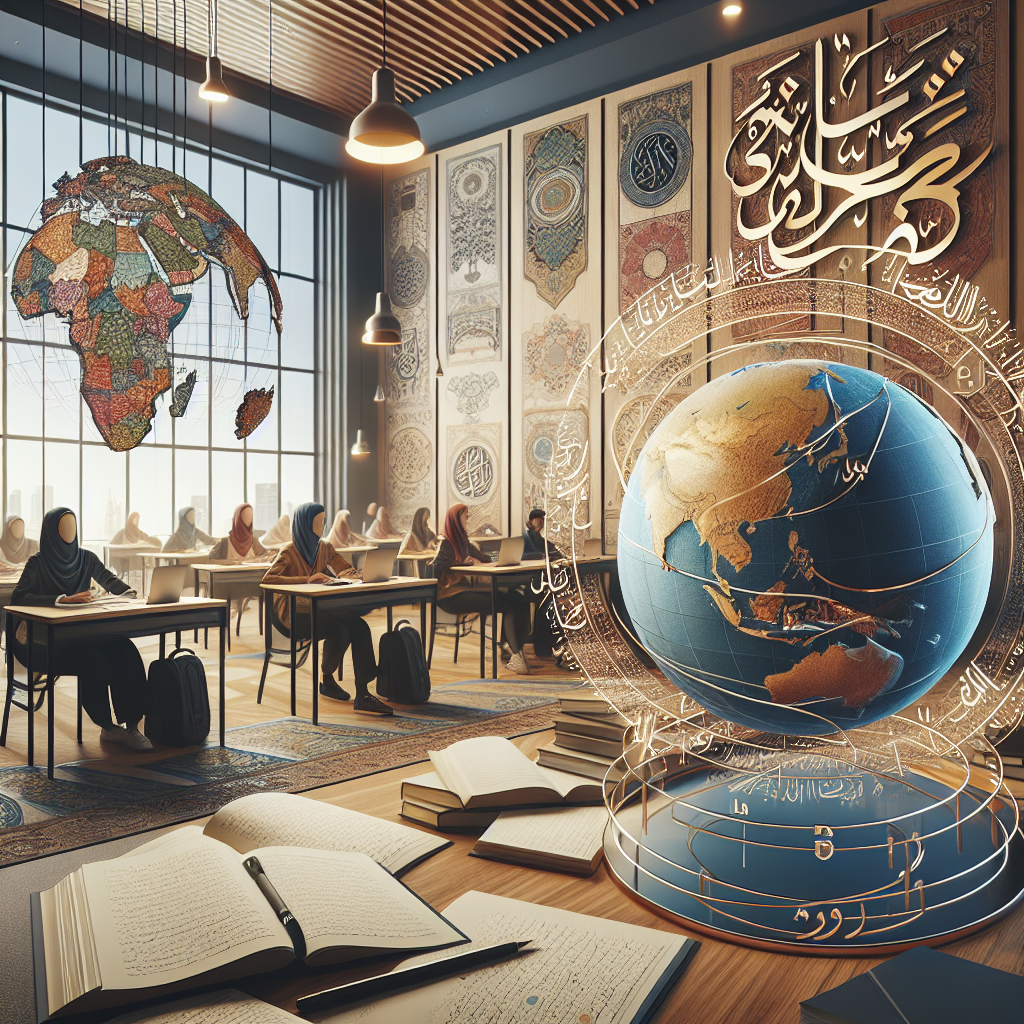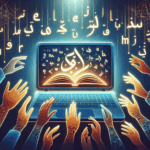The Arabic Alphabet and Its Role in Global Economic Networks 🌍
Welcome to a fascinating exploration of the Arabic alphabet and its pivotal role in connecting global economic networks. From branding to communication, this ancient script is more relevant today than ever before. Let’s dive into how the Arabic alphabet is shaping the economic landscape of the modern world!
Table of Contents
1. Introduction to the Arabic Alphabet
2. The Historical Significance of the Arabic Script
3. Arabic in the Modern Business World
4. Bridging Cultures: Arabic’s Role in Global Trade
5. The Future of Arabic in Economics
6. Conclusion
7. FAQs

Introduction to the Arabic Alphabet 📝
The Arabic alphabet is more than just a writing system; it’s a tapestry of history, culture, and commerce. Comprised of 28 letters, this script is used by over 420 million people across the globe. But beyond its cultural significance, how does this alphabet impact global economic networks?
The Historical Significance of the Arabic Script 📜
Historically, the Arabic script was a cornerstone of trade and scholarship. During the Islamic Golden Age, it was the lingua franca of scientists, traders, and scholars. The spread of Arabic through trade routes like the Silk Road helped to disseminate knowledge and goods, laying the groundwork for the interconnected economies we see today.

Arabic in the Modern Business World 💼
In today’s digital age, the Arabic language continues to hold significant sway. With the Middle East being a hub for oil, technology, and tourism, understanding Arabic can be a key asset for businesses aiming to penetrate these lucrative markets. Moreover, many global brands are localizing their content into Arabic to enhance their reach and engagement.
Bridging Cultures: Arabic’s Role in Global Trade 🌐
Arabic serves as a bridge between diverse cultures and economies. Countries in the Arab League are crucial players in global trade, particularly in energy resources. The ability to communicate effectively in Arabic can facilitate smoother negotiations and partnerships, thus fostering stronger economic ties.
The Future of Arabic in Economics 🚀
As the world becomes increasingly globalized, the demand for Arabic language skills is likely to grow. Educational institutions worldwide are recognizing this trend and are offering more Arabic language courses. In the future, fluency in Arabic will not only be a valuable skill but a necessity for those looking to excel in international business.
Conclusion
The Arabic alphabet is a powerful tool in the global economic network. Its history, cultural significance, and modern-day applications demonstrate its indispensable role in fostering international economic relationships. For businesses and individuals alike, embracing the Arabic script can open doors to new opportunities and collaborations.
FAQs 🤔
Q1: Why is the Arabic alphabet important in global business?
A: The Arabic alphabet is crucial for accessing Middle Eastern markets, a region rich in resources and economic opportunities.
Q2: How can learning Arabic benefit my career?
A: Learning Arabic can give you a competitive edge in industries such as oil, finance, tourism, and international trade.
Q3: Are there resources available for learning the Arabic language?
A: Yes, numerous online platforms, universities, and language schools offer courses to help you learn Arabic effectively.
Q4: Is Arabic widely used on the internet?
A: Absolutely! Arabic is one of the fastest-growing languages on the internet, with many websites and social media platforms offering Arabic interfaces.
Q5: Can understanding Arabic improve cross-cultural communication?
A: Definitely! Understanding Arabic can enhance cross-cultural interactions and foster better communication in diverse business environments.
We hope you’ve found this journey through the Arabic alphabet and its economic implications enlightening. Feel free to share your thoughts or experiences in the comments below!




